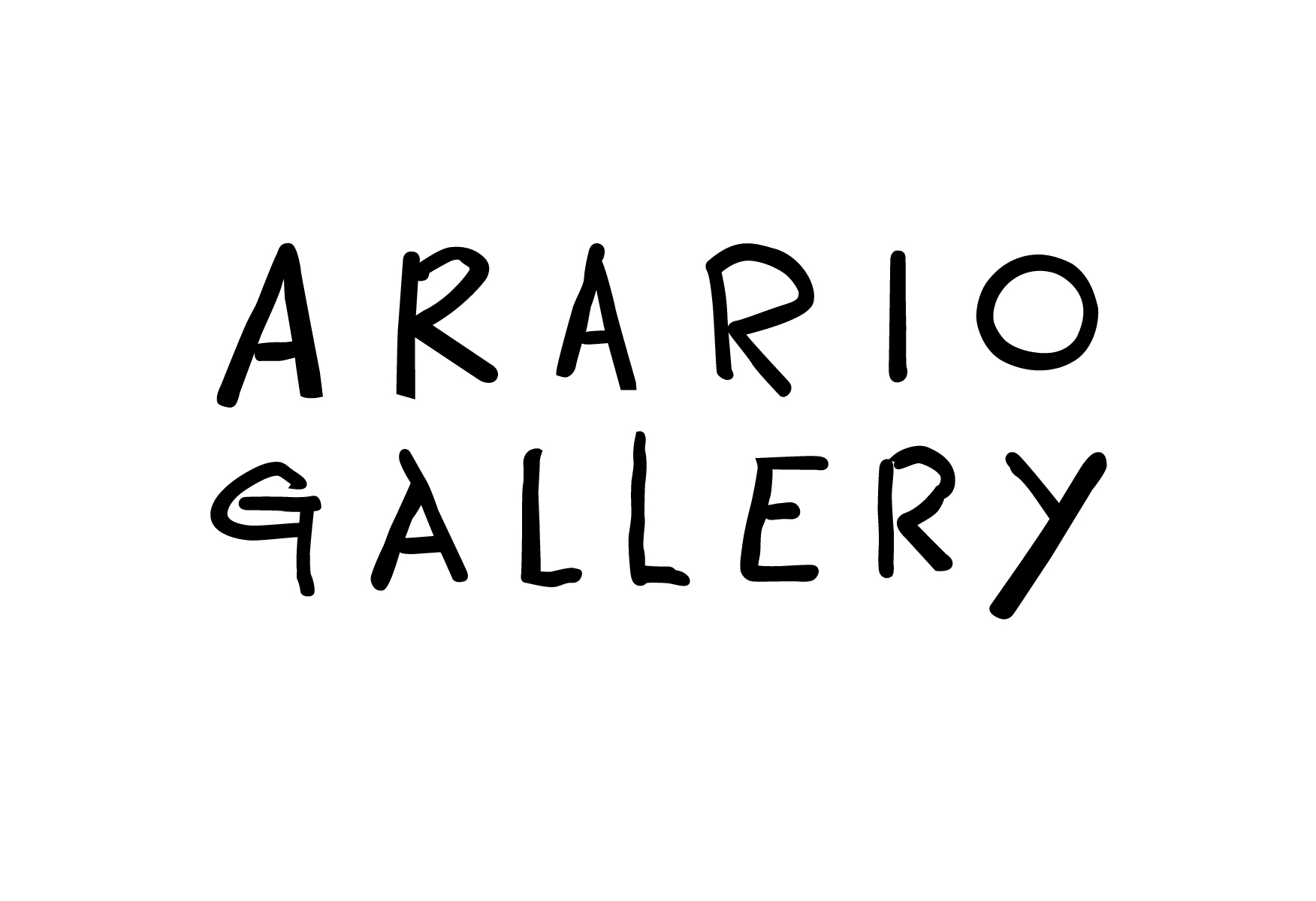A major exhibition titled Connecting Bodies: Asian Women Artists, which offers a perspective on key Asian female artists since the 1960s through the lens of the "body," is being held at the Seoul branch of the National Museum of Modern and Contemporary Art until March 3 of next year.
The exhibition title, Connecting Bodies, symbolizes the body as a medium for communication and solidarity. The exhibition is organized into six sections, each with its own theme. Part 1, titled Choreographing Life, presents works that capture lives and experiences marked on the body amid Asia's complex modern and contemporary history, including colonialism, the Cold War, migration, and patriarchy. Some of these pieces challenge patriarchal society. A notable example is artist JUNG Kangja’s painting Myeong-dong (1973), which portrays a woman confidently striding through the busy streets of Myeong-dong in Seoul, wearing bell-bottom pants, a handbag, and bare-chested. Additionally, Witch (1988), a photographic work by PARK Youngsook inspired by Kim Hyesoon's poem The Witch’s Burning, consoles women who have suffered under sexual power structures and social oppression, reflecting PARK's role in leading feminist cultural movements.

![[News] The Struggles of Women Turned into Art… Breaking Taboos and Challenging Hierarchies](https://artlogic-res.cloudinary.com/w_500,h_500,c_limit,f_auto,fl_lossy,q_auto/ws-arario/usr/images/news/main_image/583/news-p.v1.20241031.8dc8243f32ff4b3083e65903103392e9_p1.jpeg)

